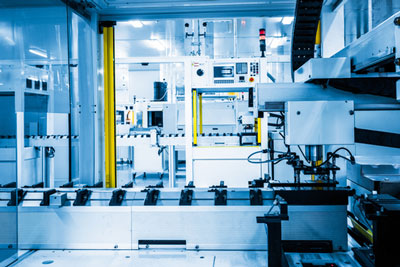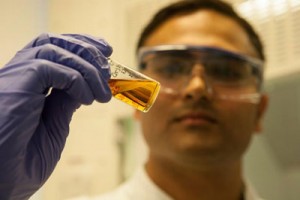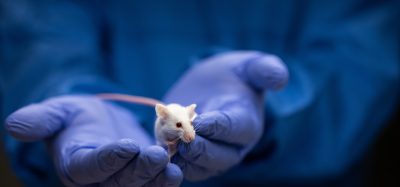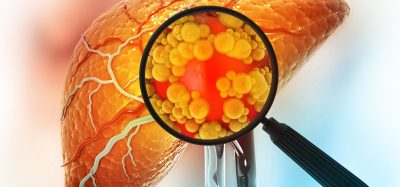Mass-produced stem cells on the horizon
Posted: 22 July 2015 | Victoria White
Experts at the University of Nottingham have discovered the first fully synthetic substrate with potential to grow billions of stem cells…


Could stem cells be produced on a mass-scale soon?
Experts at the University of Nottingham have discovered the first fully synthetic substrate with potential to grow billions of stem cells, forging the way for the creation of ‘stem cell factories’.


New material forges the way for ‘stem cells factories’ of the future. CREDIT: University of Nottingham
The £2.3m research project, was led by Morgan Alexander, Professor of Biomedical Surfaces in the School of Pharmacy and Chris Denning, Professor of Stem Cell Biology in the School of Medicine. The material could provide an off-the-shelf product for clinical use in the treatment of the heart, liver and brain.
Biomarkers aren’t just supporting drug discovery – they’re driving it
FREE market report
From smarter trials to faster insights, this report unpacks the science, strategy and real-world impact behind the next generation of precision therapies.
What you’ll unlock:
- How biomarkers are guiding dose selection and early efficacy decisions in complex trials
- Why multi-omics, liquid biopsy and digital tools are redefining the discovery process
- What makes lab data regulatory-ready and why alignment matters from day one
Explore how biomarkers are shaping early drug development
Access the full report – it’s free!
Professor Alexander and his team have been searching for polymers on which human pluripotent stem cells can be grown and differentiated in vast numbers – billions at a time.
Professor Alexander said, “The possibilities for regenerative medicine are still being researched in the form of clinical trials. What we are doing here is paving the way for the manufacture of stem cells in large numbers when those therapies are proved to be safe and effective.”
Using a high throughput materials discovery approach the research team has found this man-made material, free from possible contamination and batch variability.
Field of regenerative medicine using stem cells has snowballed
Professor Denning, whose field is in cardiac stem cell research, said, “The field of regenerative medicine has snowballed in the last five years and over the coming five years a lot more patients will be receiving stem cell treatments. Clinical trials are still in the very early stages. However, with this kind of product, if we can get it commercialised and validated by the regulators it could be helping patients in two to three years.”
Conditions of the heart, liver and brain are all under investigation as possible new stem cell treatments. People are already receiving stem cells derived eye cells for eye disorders.
The study findings are published in Advanced Materials.
Related topics
Stem Cells
Related organisations
Nottingham University







